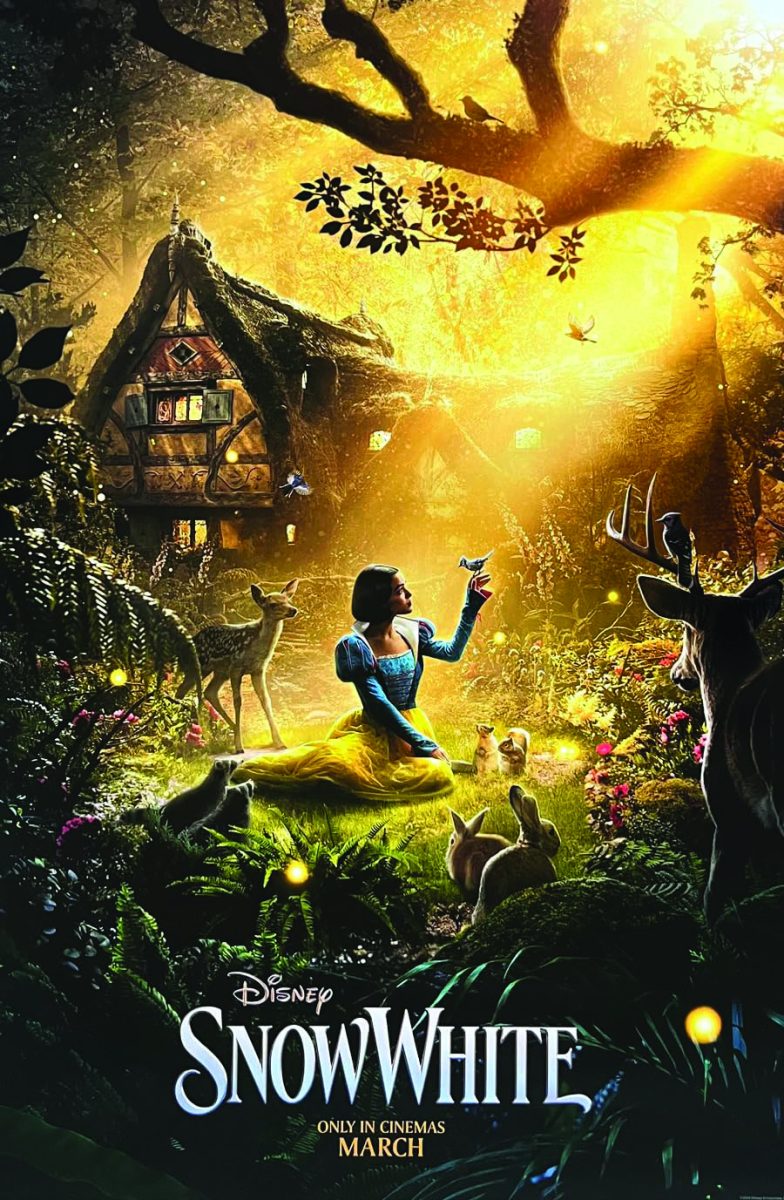I woke up for the first time in months able to finally breathe. Nearly a year of inescapable debates, vicious advertisements and incoherent Facebook statuses plaguing my every waking moment had culminated in my anxiety levels skyrocketing to new heights.
But the good news is it’s over. And although I may be still garnering some anger that Jill Stein wasn’t on the Connecticut ballot, let’s just let bygones be bygones and agree that we’re all relieved that this charade is over. But where do we go from here?
The norm would be to begin vetting candidates and campaigning for 2016! We all have declared our frustration of this ongoing cycle of undermining the opposing political party, and I swear if I hear the phrases “reaching across party lines” or “battleground state” one more time I’m going to hurl! So why are we still putting up with it?
I’m trying to recall a time in recent history where we have been truly united as a nation, a time where I have taken a look at my neighbors and considered all of them my brothers and sisters instead of my competition or my enemies. It has only been in the unfortunate circumstances of tragedy. It has only been when we have such a fervent passion or hatred against someone, somewhere, or something that we are able to work together.
New York Times author Jonathan Haidt recently theorized that our nation, similarly to a band of superheroes, unites in fear. Since the 1990s, our wars have tilted from “us against the world” to “us against us.” This passion that creates a driving force of unity no longer has roots in positivity. On campus, we are able to come together and rally behind our winning sports teams, organizations, events or improvements to campus. How can we translate this pride onto a larger scale?
I’m seeking a major in Political Science, which means I spend an awful lot of time sitting in a classroom discussing silly things in a generally hostile environment where it is our duty to garner passion for political issues and, more or less, judge everyone who dares to speak up.
I unconsciously do this all the time. There are people I see on a daily basis whom I generally enjoy, but sometimes when I discover their political beliefs, I back off a bit. I assume preconceived notions about how their party affiliation correlates to their moral beliefs and personalities and how that will affect me in their presence. Why? Because they believe differently than I do. This is the same thing that happens in our Congress at the federal and state level. The only difference is that these elected officials are being paid to make judgments while I’m just doing it free of charge as a wonderful courtesy to all of you.
Really though, the only thing that can project our progress forward politically, fiscally and morally is to simply get over it. There were many great outcomes of last Tuesday, most important being that a new generation of American citizens became passionately engaged in political discourse.




